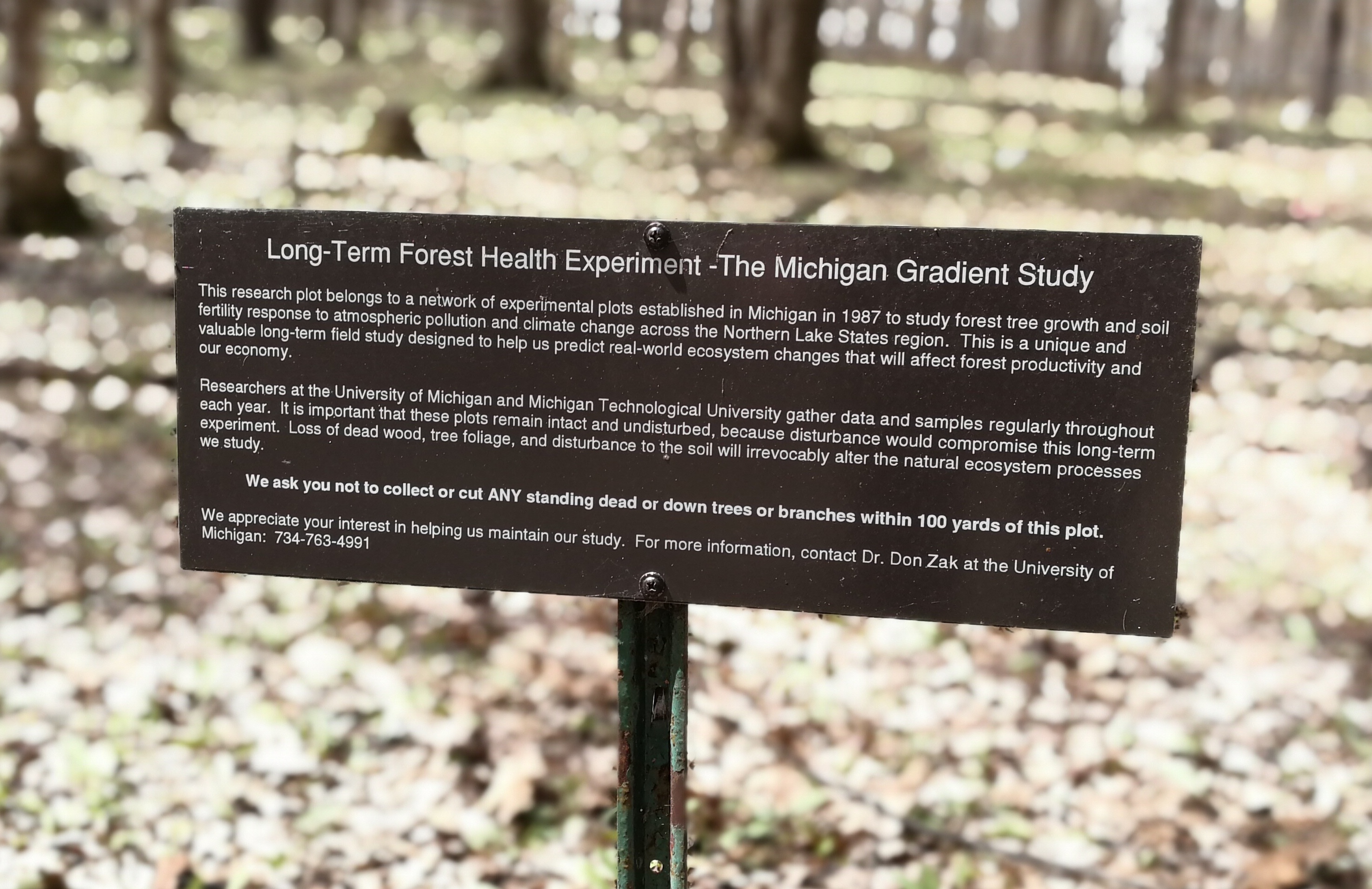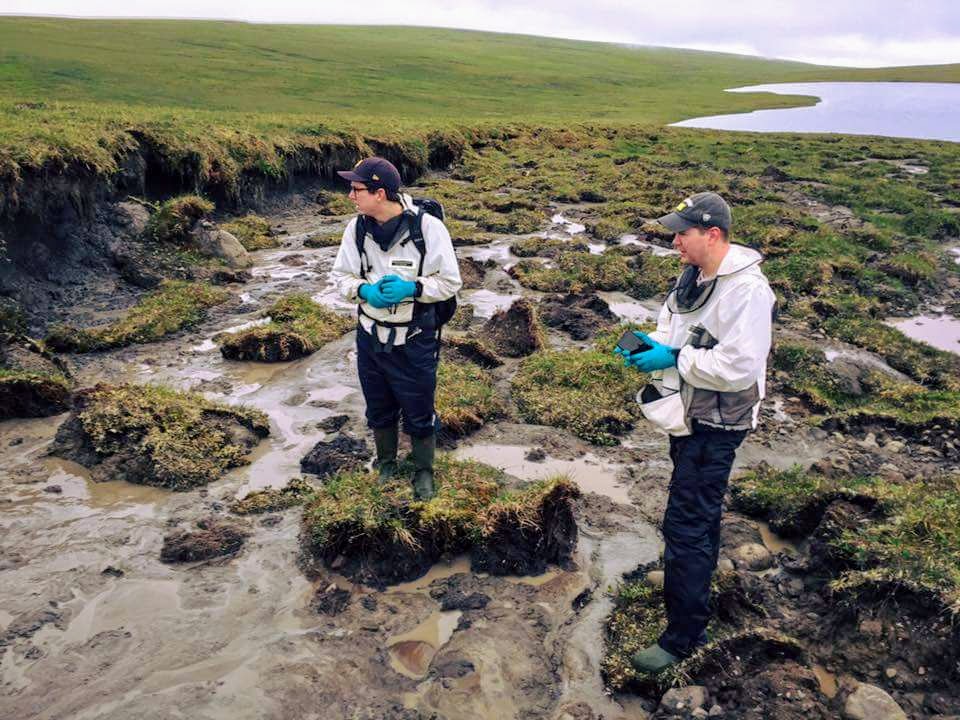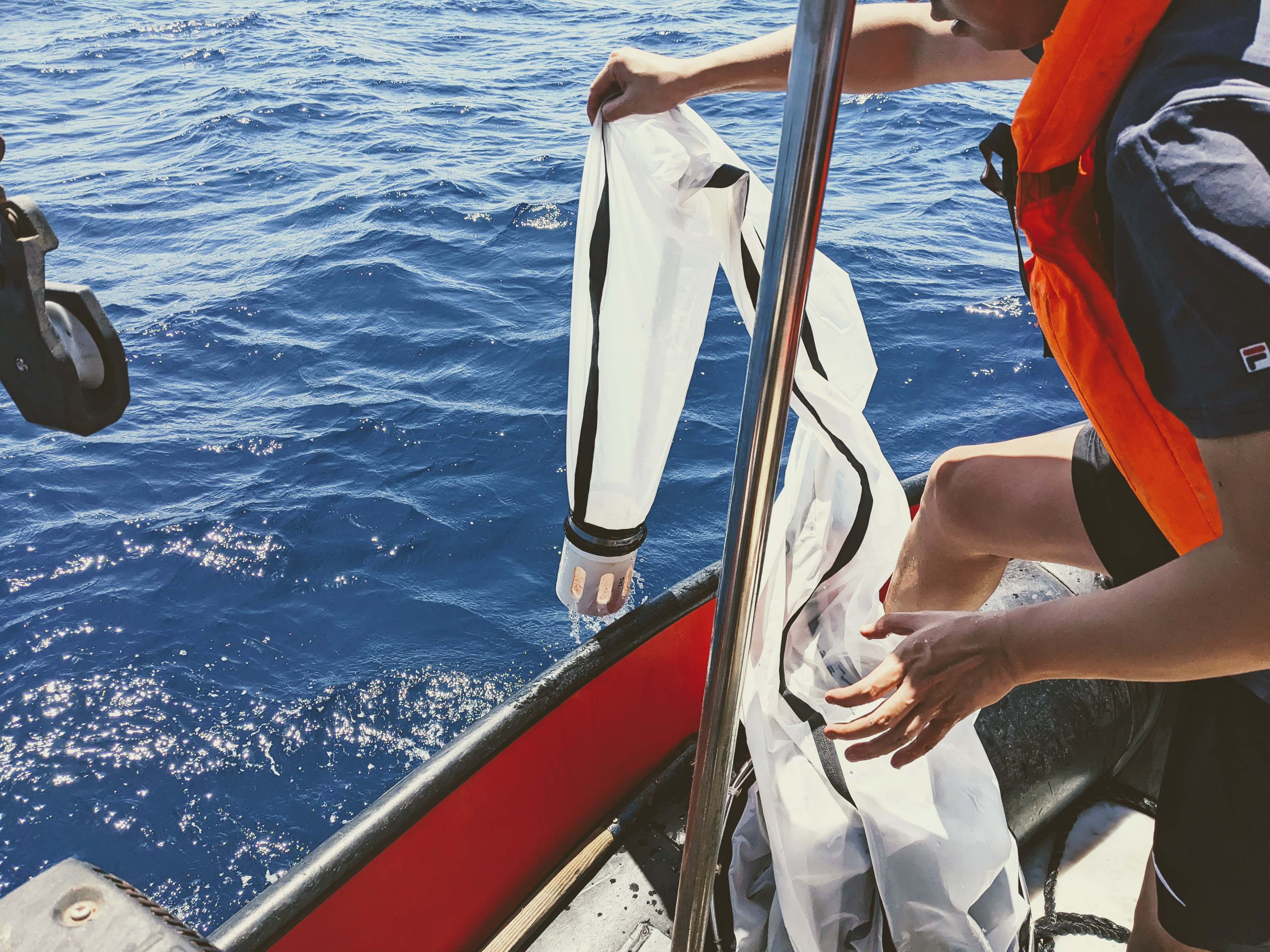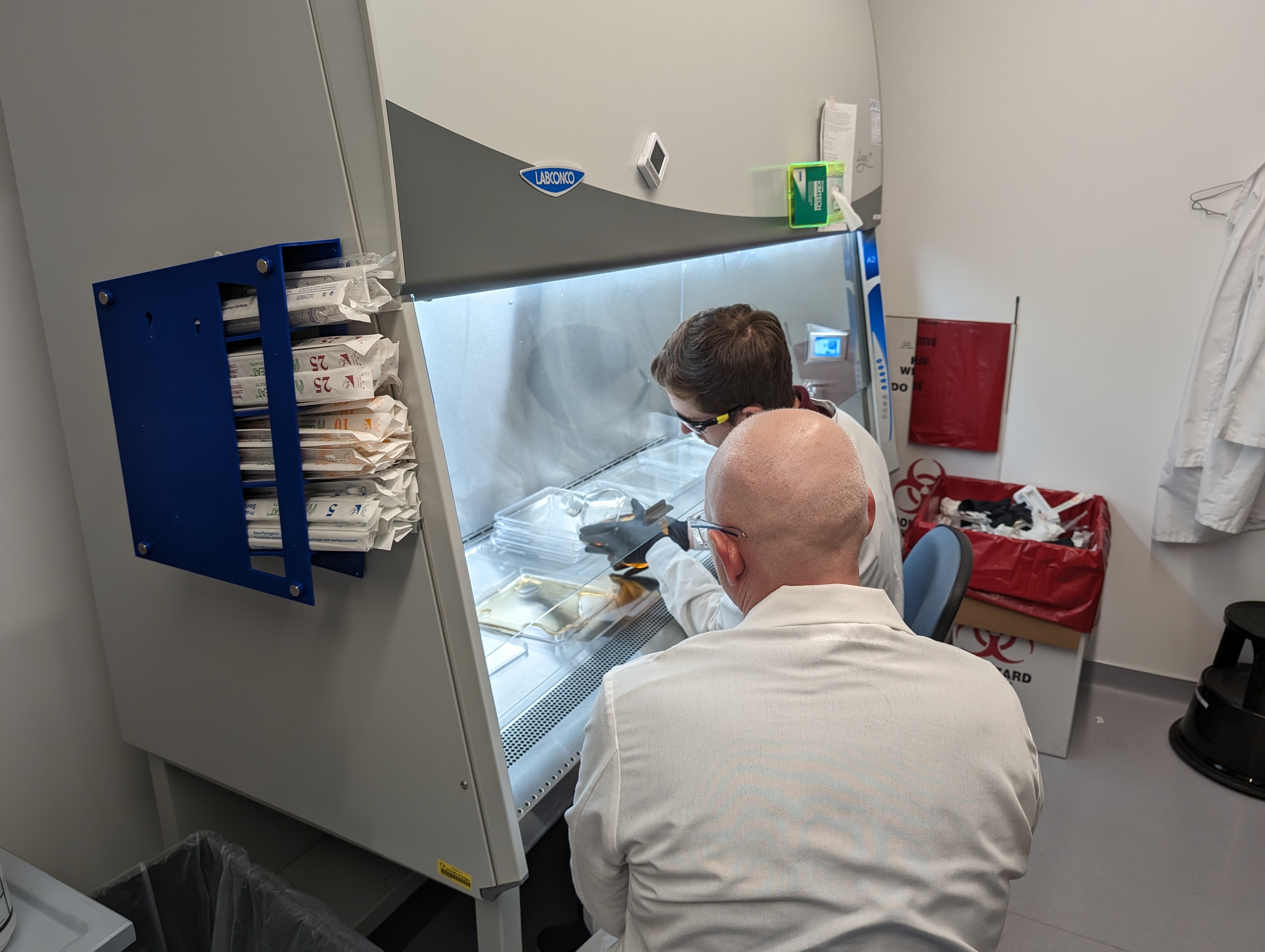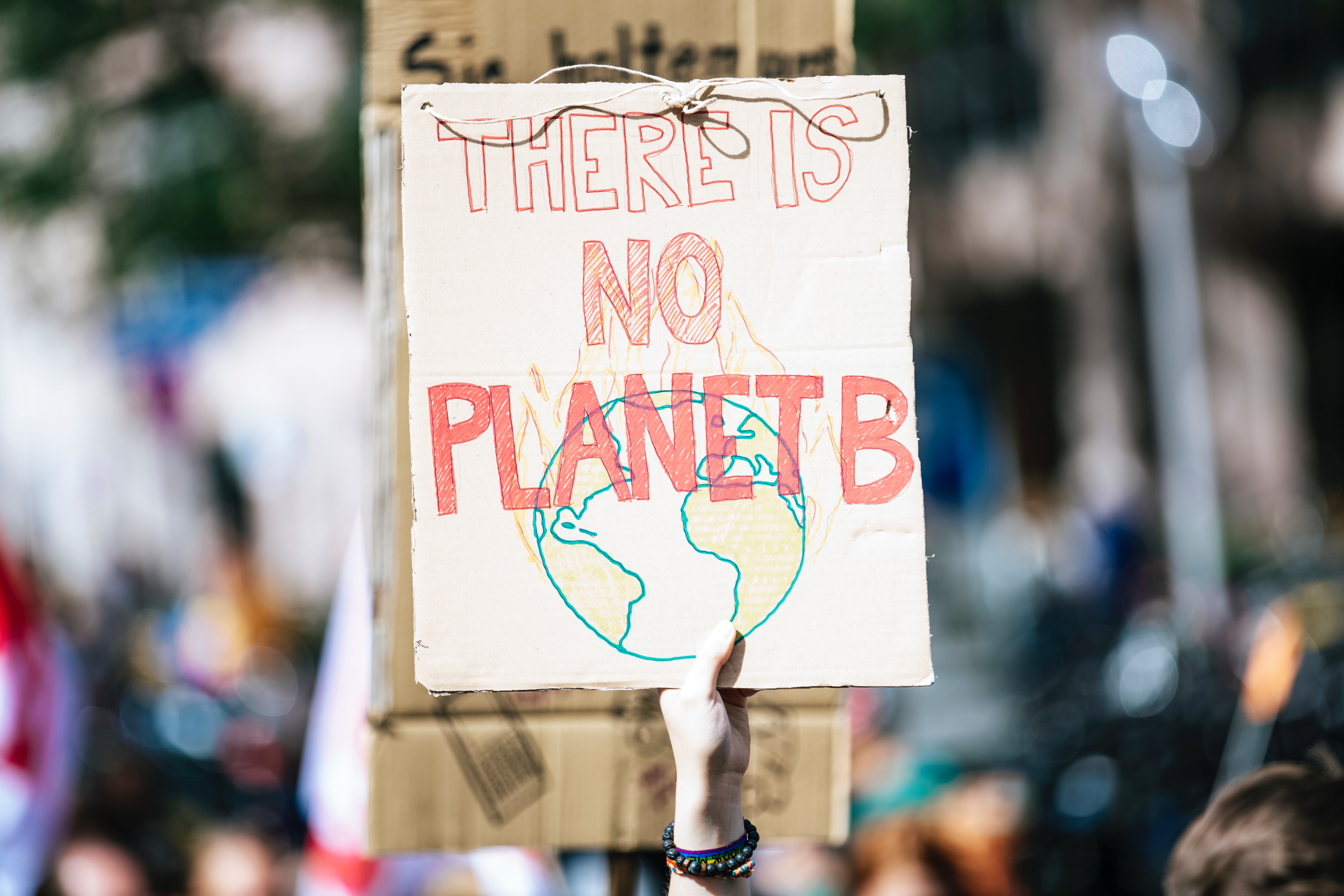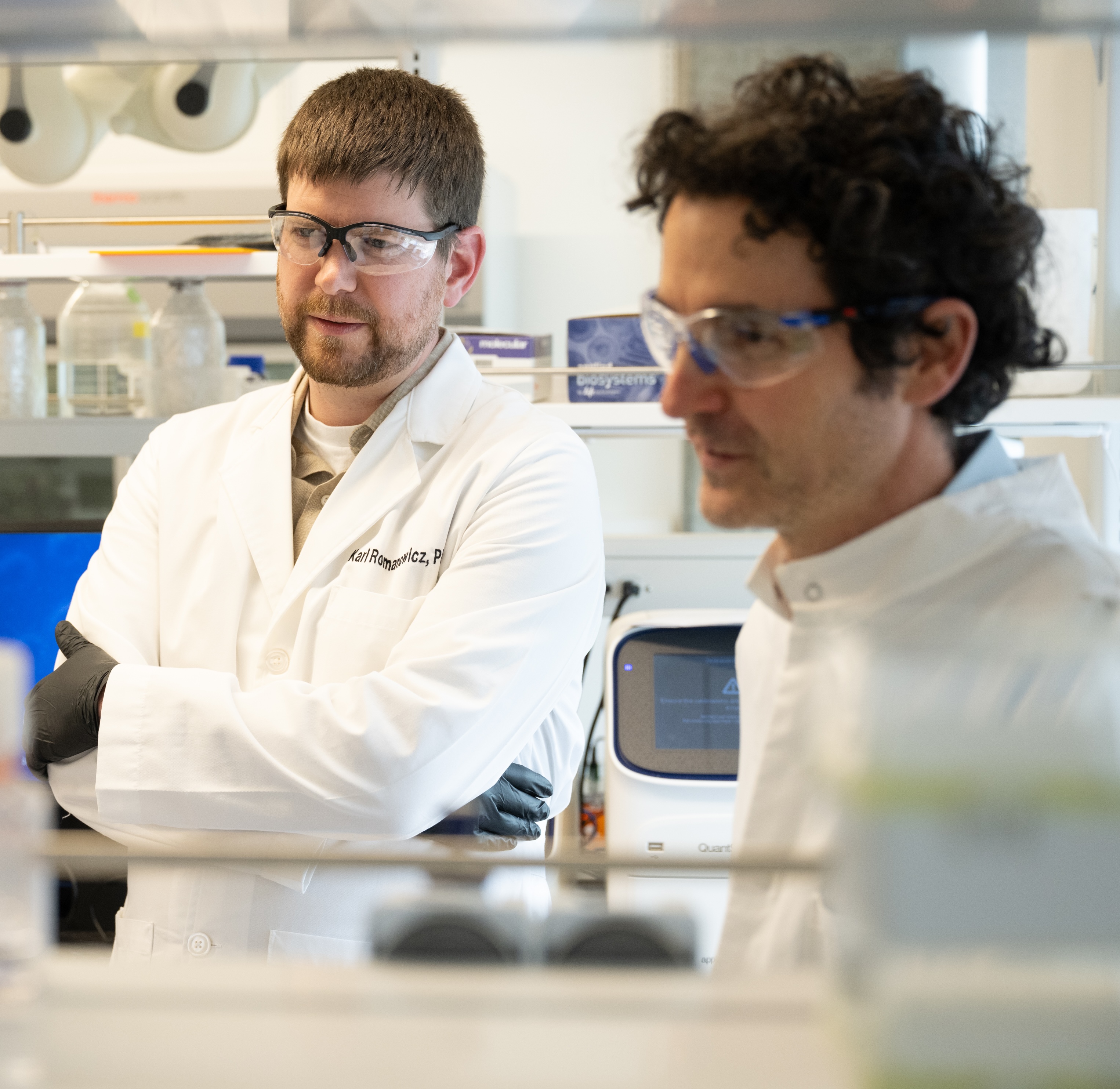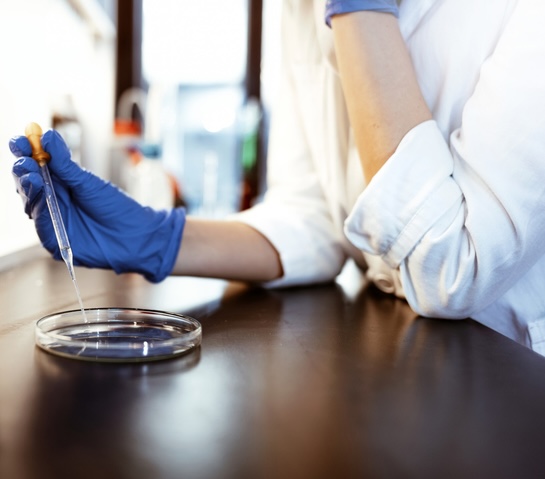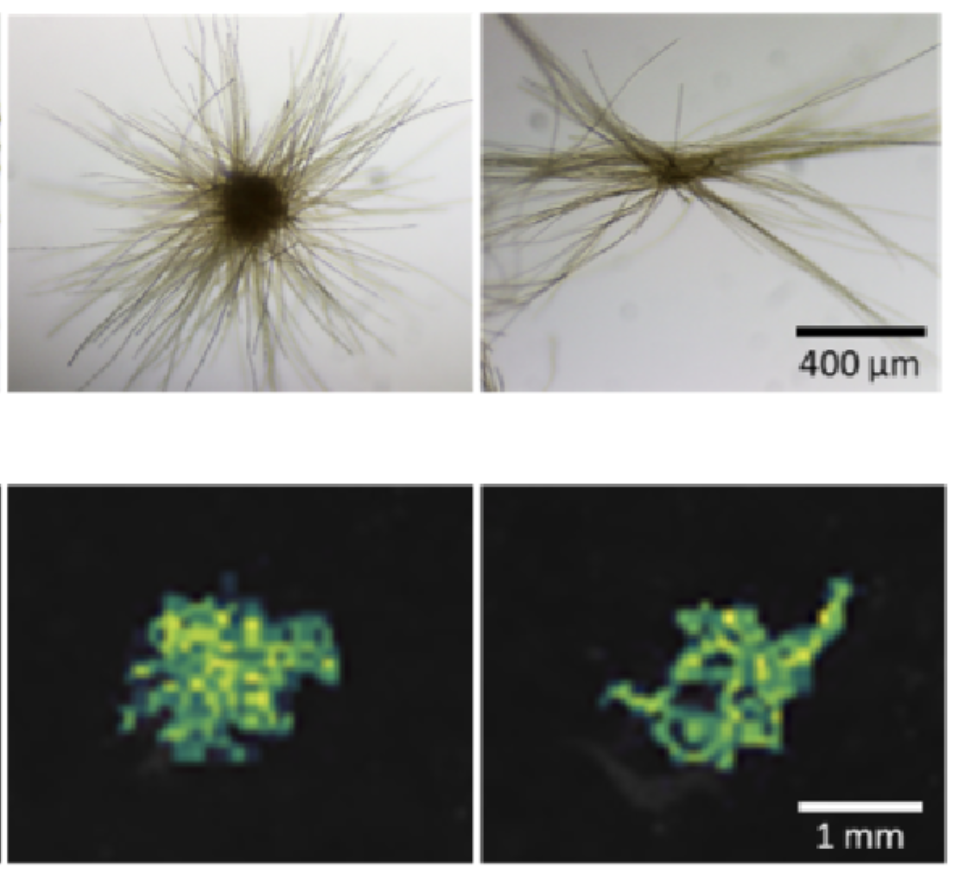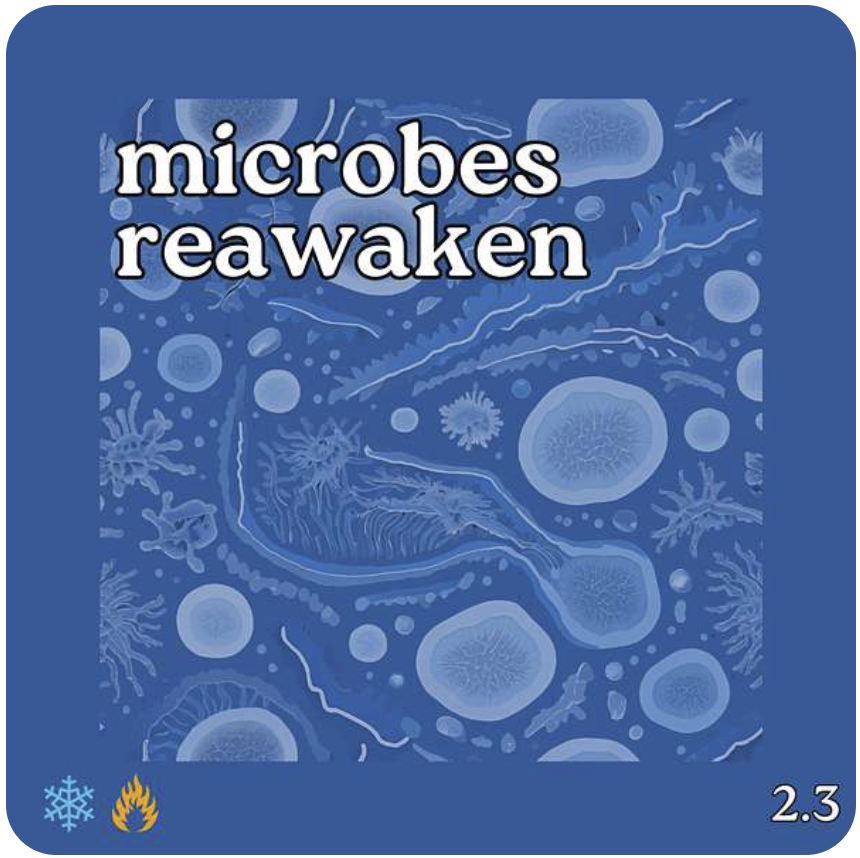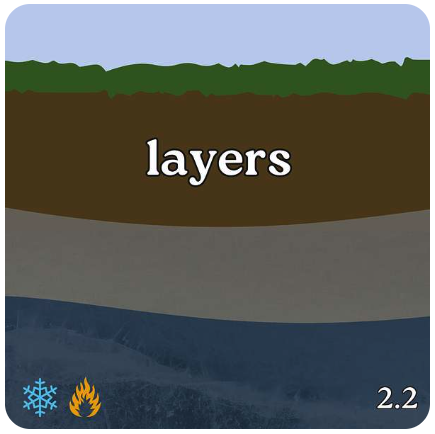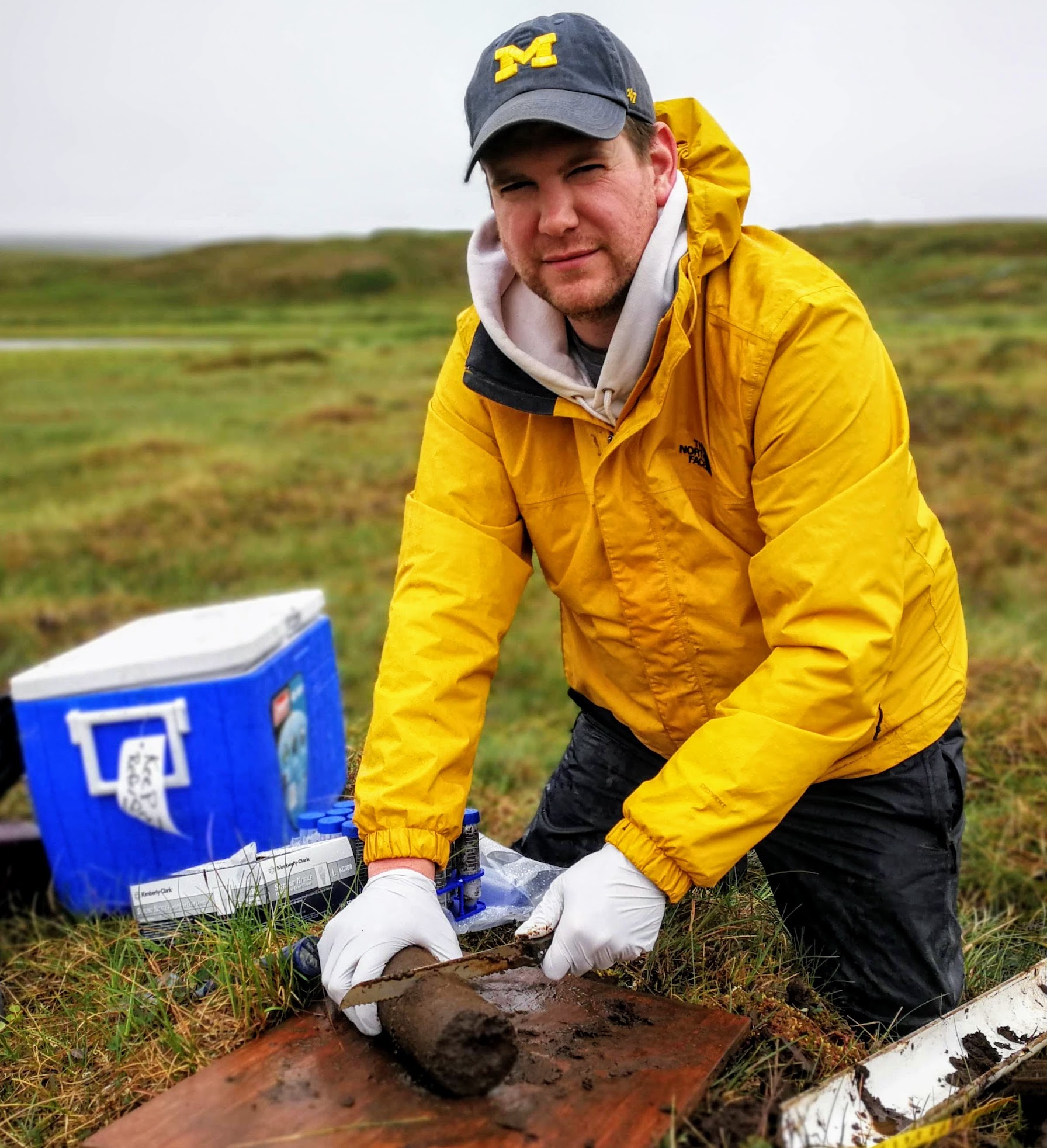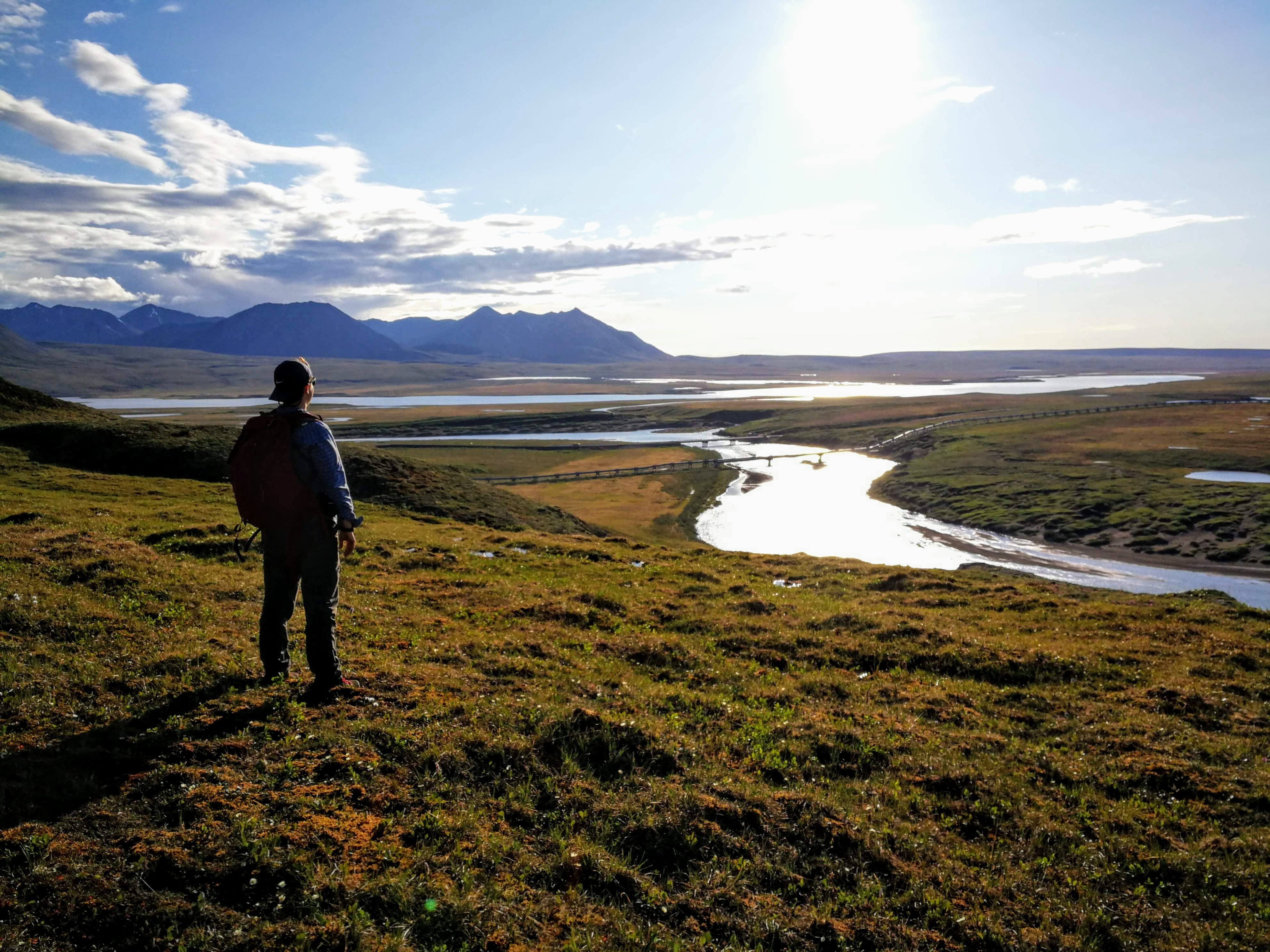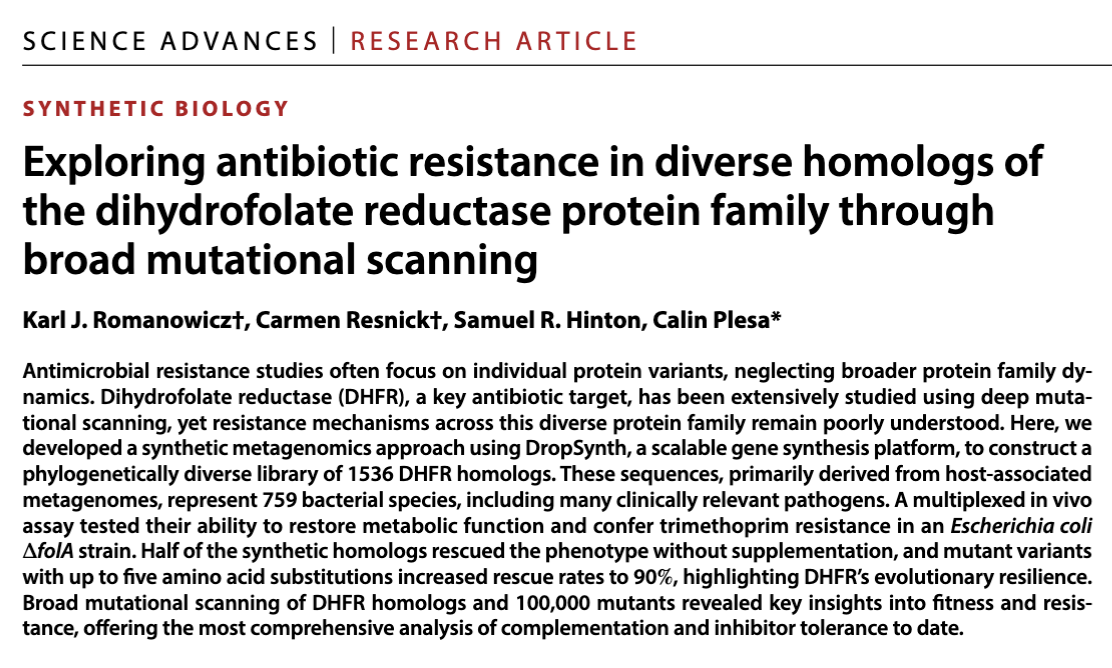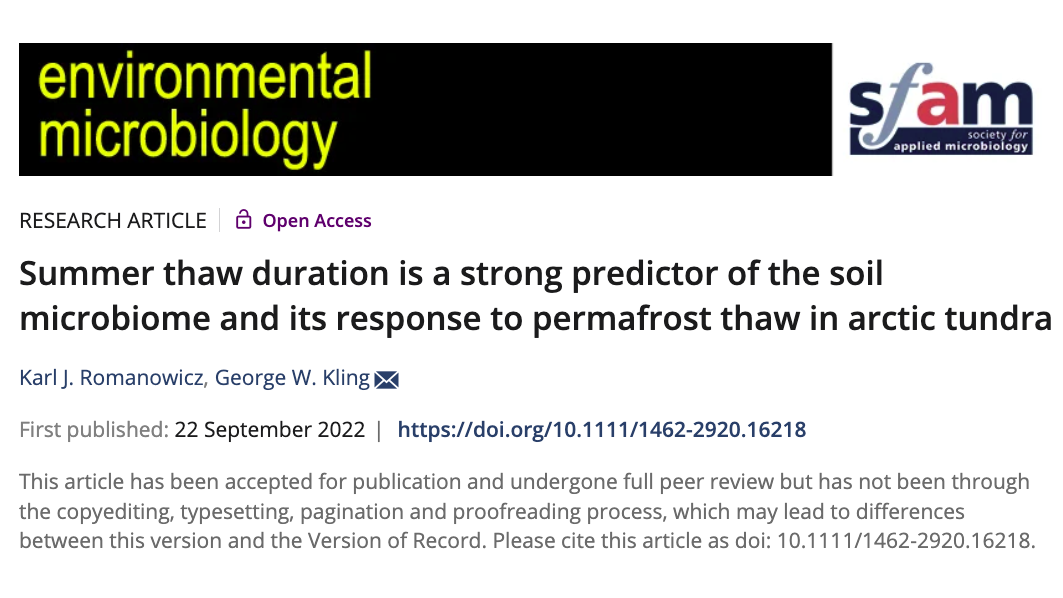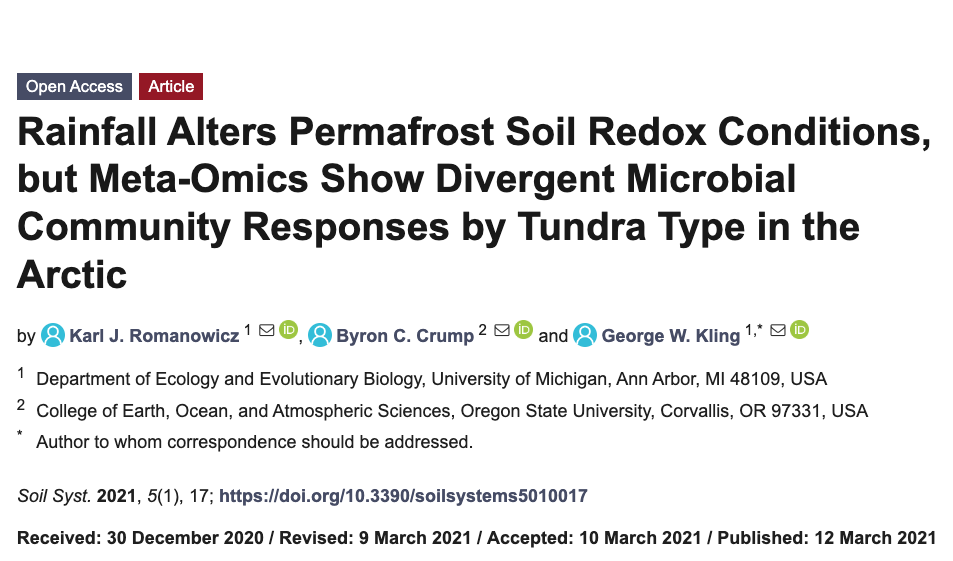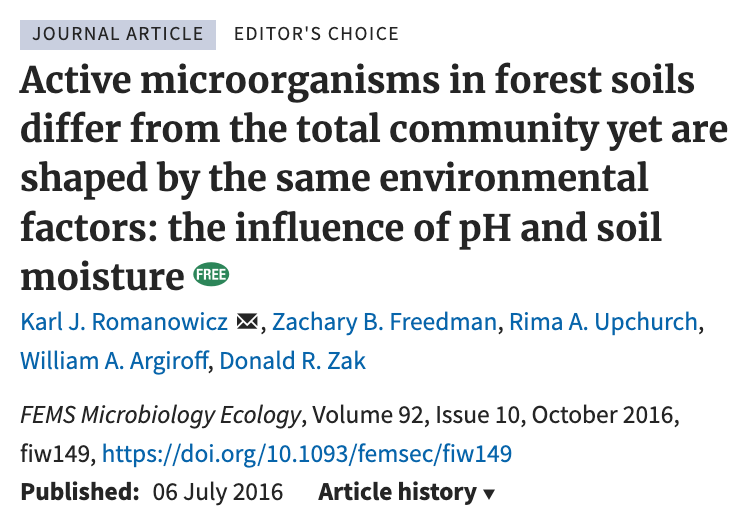Publications
2025
Karl J. Romanowicz, Carmen Resnick, Samuel R. Hinton, Calin Plesa. (2025) Exploring antibiotic resistance in diverse homologs of the dihydrofolate reductase protein family through broad mutational scanning.
Science Advances 11, eadw9178 (2025). DOI: 10.1126/sciadv.adw9178.
2024
Karl J. Romanowicz, Futing Zhang, Siyuan Wang, Dušan Veličković, Rosalie K. Chu, Yeala Shaked, Rene M. Boiteau. (2024) Single-colony MALDI mass spectrometry imaging reveals spatial differences in metabolite abundance between natural and cultured Trichodesmium morphotypes.
mSystems.
2023
Karl J. Romanowicz, Byron C. Crump, George W. Kling. (2023) Genomic evidence that microbial carbon degradation is dominated by iron redox metabolism in thawing permafrost.
ISME Communications.
2022
Karl J. Romanowicz, George W. Kling. (2022) Summer thaw duration is a strong predictor of the soil microbiome and its response to permafrost thaw in arctic tundra.
Environmental Microbiology.
2021
Karl J. Romanowicz, Byron C. Crump, George W. Kling. (2021) Rainfall alters permafrost soil redox conditions, but meta-omics show divergent microbial community responses by tundra type in the Arctic.
Soil Systems.
Louis J. Lamit, Karl J. Romanowicz, Lynette R. Potvin, Jay T. Lennon, Susannah G. Tringe, Rodney A. Chimner, Randy K. Kolka, Evan S. Kane, Erik A. Lilleskov. (2021) Peatland microbial community responses to plant functional group and drought are depth-dependent.
Molecular Ecology.
2019
Donald R. Zak, William A. Argiroff, Zachary B. Freedman, Rima A. Upchurch, Elizabeth M. Entwistle, Karl J. Romanowicz. (2019) Anthropogenic N deposition, fungal gene expression, and an increasing soil carbon sink in the Northern Hemisphere.
Ecology.
2018
Elizabeth M. Entwistle, Karl J. Romanowicz, William A. Argiroff, Zachary B. Freedman, Jeffrey J. Morris, Donald R. Zak. (2018) Anthropogenic N deposition alters the composition of expressed class II fungal peroxidases.
Applied and Environmental Microbiology.
2017
Karl J. Romanowicz, Donald R. Zak. (2017) Activity of an introduced earthworm (Lumbricus terrestris) increases under future rates of atmospheric nitrogen deposition in northern temperate forests.
Applied Soil Ecology.
Louis J. Lamit, Karl J. Romanowicz, Lynette R. Potvin, Adam R. Rivers, Kanwar Singh, Jay T. Lennon, Susannah G. Tringe, Evan S. Kane, Erik A. Lilleskov. (2017) Patterns and drivers of fungal community depth stratification in Sphagnum peat.
FEMS Microbiology Ecology.
2016 (*Editor’s Choice)
*Karl J. Romanowicz, Zachary B. Freedman, Rima A. Upchurch, William A. Argiroff, Donald R. Zak. (2016) Active microorganisms in forest soils differ from the total community yet are shaped by the same environmental factors: the influence of pH and soil moisture.
FEMS Microbiology Ecology.
2015
Karl J. Romanowicz, Evan S. Kane, Lynette R. Potvin, Randall K. Kolka, Erik A. Lilleskov. (2015) Understanding drivers of peatland extracellular enzyme activity in the PEATcosm experiment: mixed evidence for enzymic latch hypothesis.
Plant and Soil.
Zachary B. Freedman, Karl J. Romanowicz, Rima A. Upchurch, Donald R. Zak. (2015) Differential responses of total and active soil microbial communities to long-term N deposition.
Soil Biology & Biochemistry.


